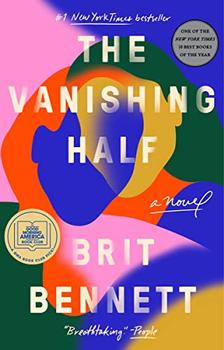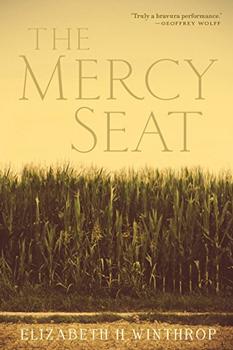Summary | Excerpt | Reading Guide | Reviews | Beyond the book | Read-Alikes | Genres & Themes | Author Bio

Kathyrn Stockett's compelling debut novel The Help investigates the relationship between black and white women in 1960s Mississippi. At the center of the novel are Skeeter, Aibileen, and Minny, three women who have grown dissatisfied with the way things are. Each woman's life has been difficult in its own way, but all three see the stratified, racist society of Jackson, Mississippi as partly responsible. They band together to effect change, but their efforts result in something far different than what they originally expected. They soon realize that the ties that bind in this hierarchical society are not straightforward or clear-cut.
With vibrant language, memorable characters, and excellent pacing, The Help contemplates what it means to live in the trenches of injustice. Though Stockett's insightful novel primarily meditates on the domestic relationships between blacks and whites, it also implicitly analyzes the impact of a discriminatory society on all involved. As Skeeter, Aibileen, and Minny inherently understand, it is not just the black women who are kept from Jackson's inner circle. In a society where hierarchy is ardently defended, injustice is felt by people from all walks of life.
Skeeter -- tall, awkward, single -- returns home from Ole Miss to realize that the woman who raised her, the family's black maid Constantine, is gone. As she spends time with her childhood friends, married women with children and black maids of their own, Skeeter begins to observe the contradictions that surround her. Black women are expected to watch and raise the white children, the prizes of white parents, but they are unable to use the same cutlery or bathroom as the whites. As her hurt from Constantine's absence grows, she remembers what this special woman meant to her. She also realizes that many white families have "Constantines," and many of them are not treated well. She makes the decision to reach out to these black maids and discover their stories.
When Skeeter asks Aibileen to record her experiences working in white homes, Aibileen is afraid. This is 1960s Mississippi, and it is illegal for blacks and whites to discuss racial issues. Aibileen, however, has had sadness of her own. Her beloved son Treelore died a few years ago, and the white child Mae Mobley that Aibileen watches everyday is learning racist ideas at school. Aibileen has followed the rules all her life, but when her white mistress begins to talk over her bridge table about the diseases whites can get from blacks, Aibileen realizes she wants to fight back.
Aibileen asks Minny, her close friend, to join the project. Minny has worked in a number of white households, only to find herself at wit's end once she is shunned by Hilly Holbrook, a violent racist who makes it her mission to keep Minny out of work. Good luck and a few lies soon find her in the employ of Celia Foote, a woman on the fringe of high society. As Celia struggles to find a way into Jackson's upper crust, Minny realizes that discrimination happens regardless of color.
Against the backdrop of the Civil Rights movement and racial injustices perpetrated by the Klu Klux Klan, The Help penetrates the façade of polite society during an era of awesome change. For generations black women have helped white women raise children and clean house, yet the machine of society is moving. Skeeter, Minny, and Aibileen must negotiate this change in the historical pattern of life, a pattern, they learn, that is not easily wiped away.
The Help is a beautiful novel, and Kathryn Stockett is a natural storyteller with her finger on the pulse of the human condition. This unique glimpse into domestic life during integration will be one of the best reads this year. Her characters, their stories, and the complex questions they raise will linger deep in your mind long after you're done reading. Drop everything you're doing and read this book!
![]() This review was originally published in The BookBrowse Review in February 2009, and has been updated for the
May 2011 edition.
Click here to go to this issue.
This review was originally published in The BookBrowse Review in February 2009, and has been updated for the
May 2011 edition.
Click here to go to this issue.

If you liked The Help, try these:

by Brit Bennett
Published 2022
From the New York Times-bestselling author of The Mothers, a stunning new novel about twin sisters, inseparable as children, who ultimately choose to live in two very different worlds, one black and one white.

by Elizabeth H. Winthrop
Published 2019
An incisive, meticulously crafted portrait of race, racism, and injustice in the Jim Crow era South that is as intimate and tense as a stage drama, The Mercy Seat is a stunning account of one town's foundering over a trauma in their midst.
A few books well chosen, and well made use of, will be more profitable than a great confused Alexandrian library.
Click Here to find out who said this, as well as discovering other famous literary quotes!
Your guide toexceptional books
BookBrowse seeks out and recommends the best in contemporary fiction and nonfiction—books that not only engage and entertain but also deepen our understanding of ourselves and the world around us.